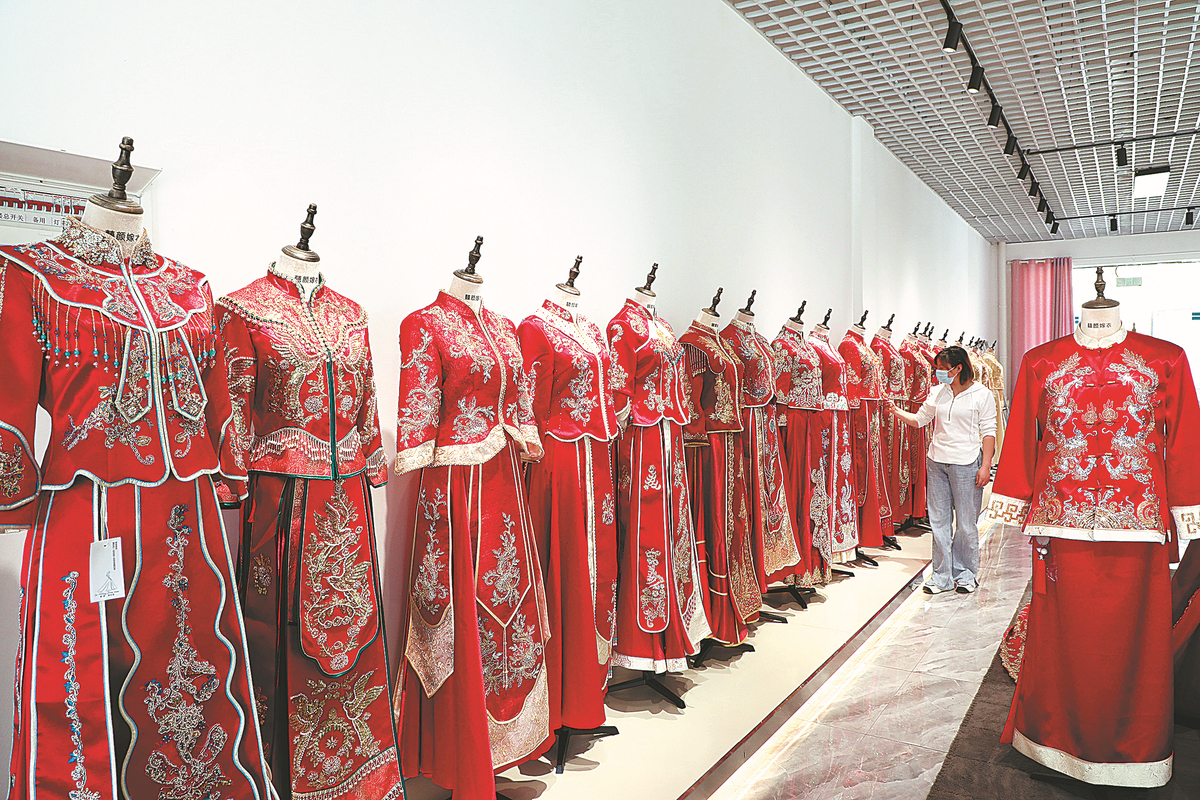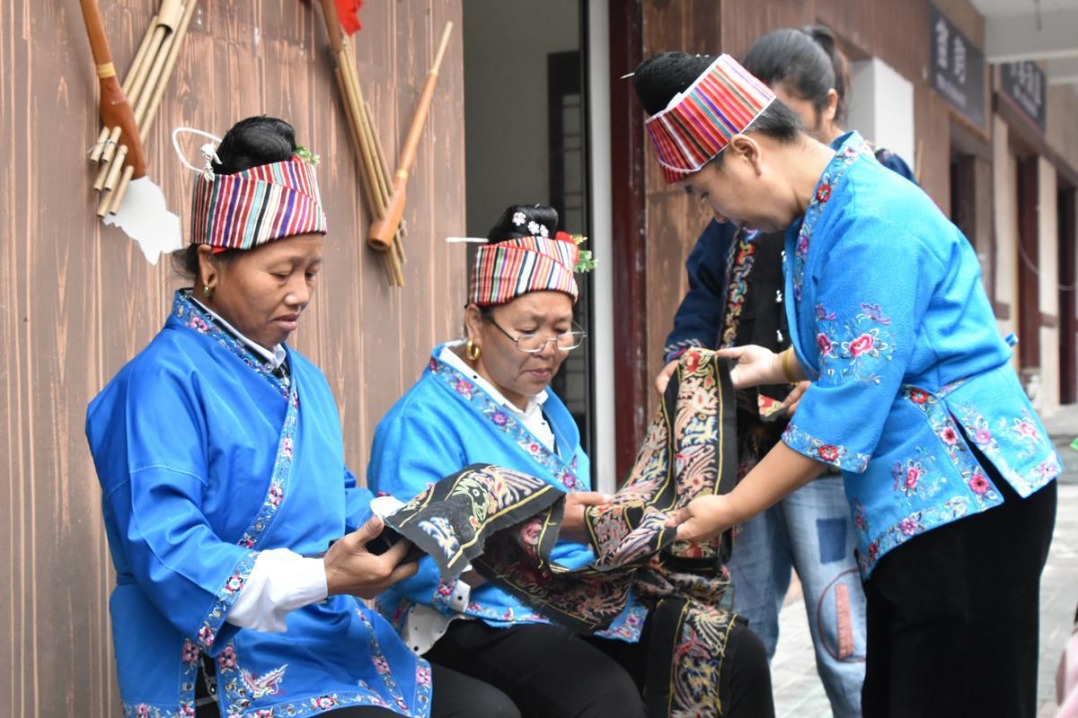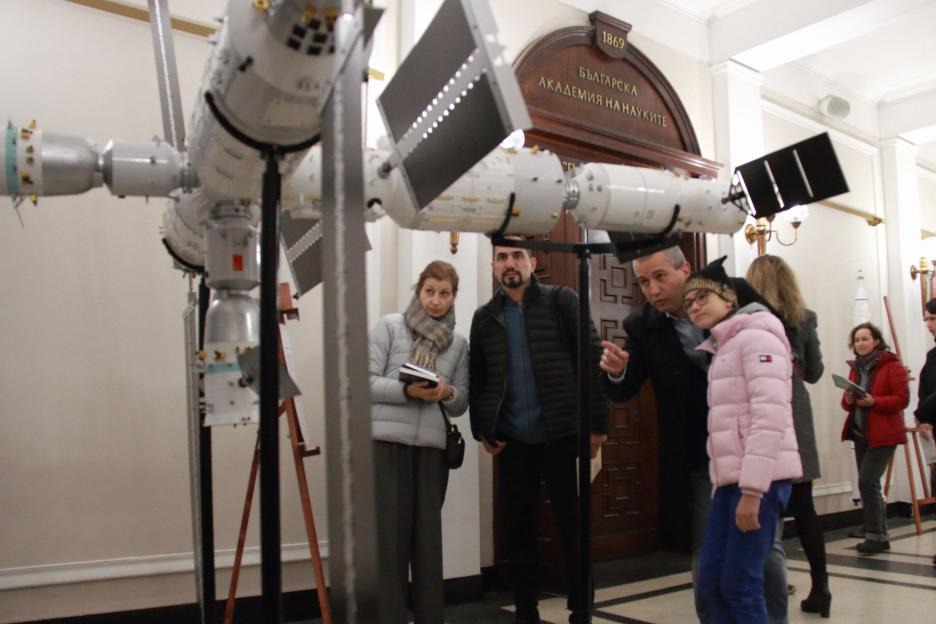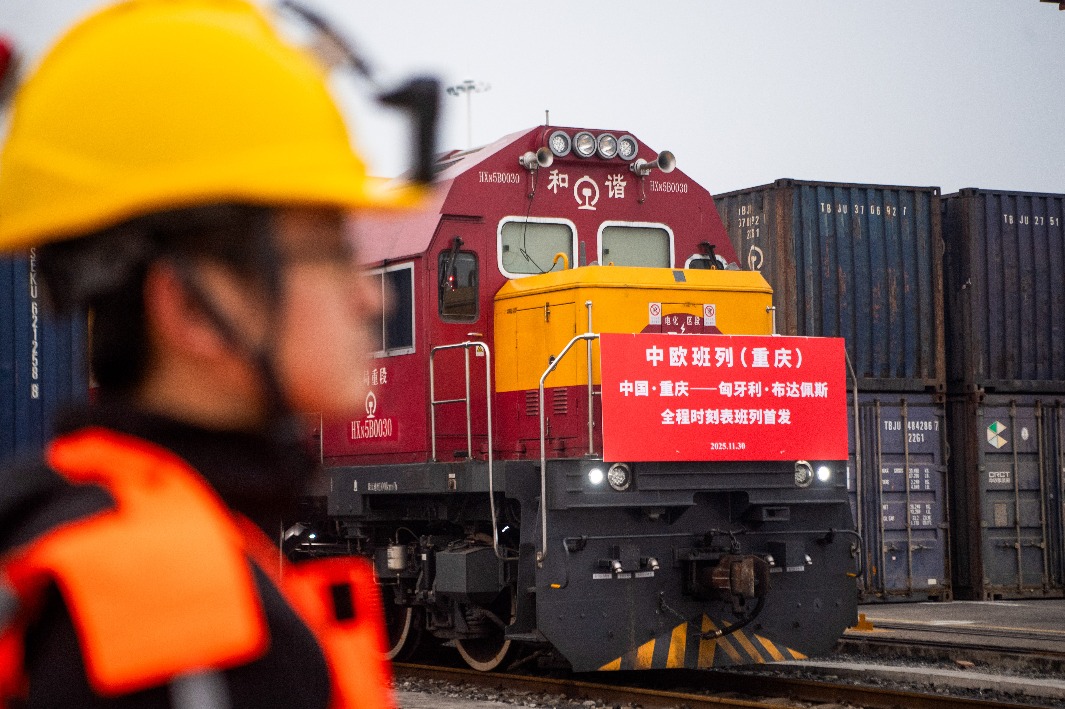Prospects rosy for Anhui wedding dress industry


Editor's note: This series of stories looks at local enterprises in specialized sectors that have a share in global markets.
One day in early May, Sun Xiaolong and his fiancee walked into a wedding dress shop in a township in the city of Lu'an in East China's Anhui province.
About two hours later, the young couple walked out with three bridal gowns of Western as well as traditional Chinese styles.
"The dresses cost merely 1,500 yuan ($223), while renting from a wedding service company would require much more," said Sun.
With thousands of wedding dress factories and shops, the township of Dingji is one of the largest manufacturing and sales hubs in China.
Lu'an generally sells about 25,000 wedding dresses and other costumes each day, according to Yang Xuejun, president of Yu'an district's wedding dress industry association. He said most of the dresses are produced in Dingji township.
The export value of the township's wedding clothes industry reached $40 million in 2019, according to one local official.
Xu Changying, a businessman, said his products have always been available in overseas markets, especially in the United States and Europe.
"But it was very hard to know the trade volume, as the export business has been mostly done by intermediary companies from cities like Suzhou and Guangzhou," said Xu.
Suzhou, in neighboring Jiangsu province, is the largest trade center in China for wedding dresses, with a domestic market share of about 70 percent. But Xu estimated that 60 percent of the products sold by Suzhou-based traders are made in Lu'an.
"About 70 percent of businessmen and workers in Suzhou are from Lu'an. In recent years, an increasing number of plants have moved from Suzhou to Dingji" as more industry activity shifted there, said Xu, who moved back to Dingji in 2010.
Xu, a Dingji native, migrated to Suzhou in 1992 to work as a bridal gown factory worker. After accumulating production and sales skills, he invested more than 50,000 yuan in establishing a workshop in Suzhou in 1994, when the country's annual average per capita income for urban residents was merely 3,179 yuan.
"By 2010, my plant had nearly 50 workers, in contrast to the seven at the beginning," said Xu. "In around 2010, the monthly salary for a worker had climbed to about 7,000 yuan, while back in my hometown it would be less than 5,000 yuan."
Xu later returned to Dingji and established the town's first wedding clothes plant. And just as Xu had brought many fellow townspeople to work in Suzhou decades ago, they have followed Xu once again.

- Employee sorry for leaking pop star's rehearsal clips
- Shanghai ready for 2025 version of E-sports Masters
- New 'eco-police' system to be set up by 2027
- Hebei cooperative's cabbage proving a hit across China
- Kunming rail accident spurs safety overhaul nationwide
- Embroidery proving major draw at bustling Guizhou market





































